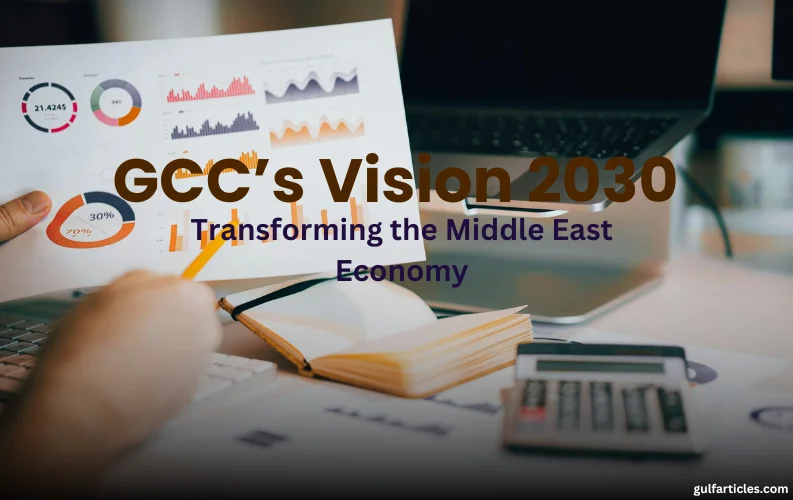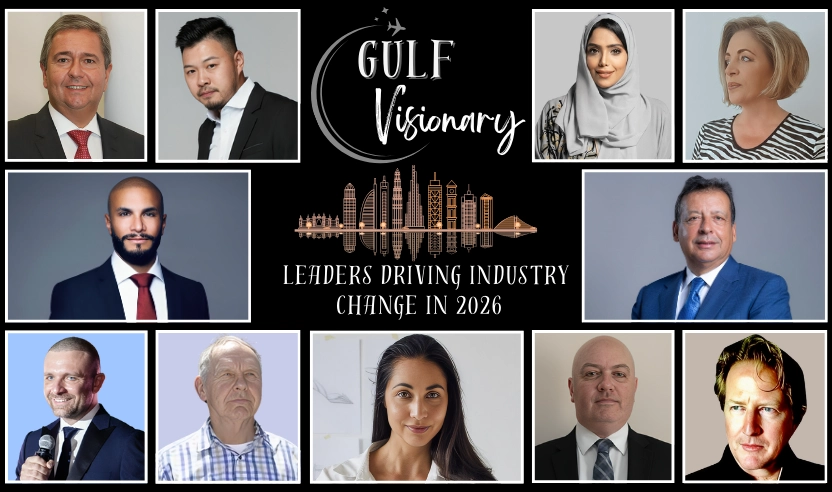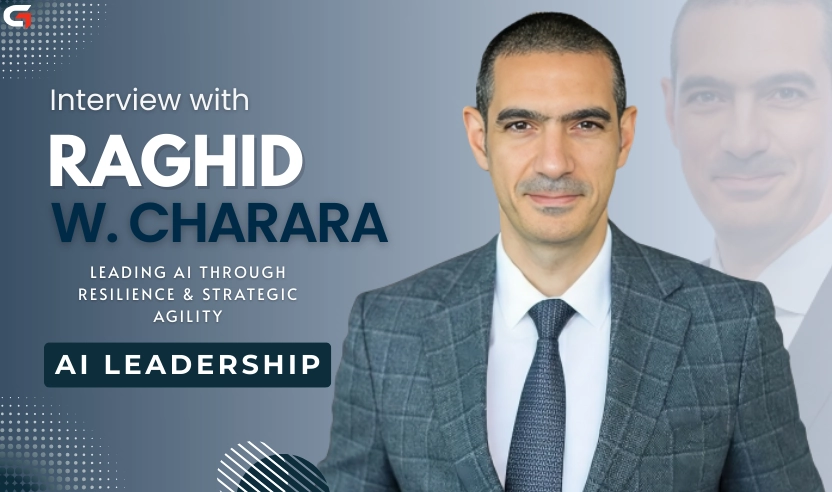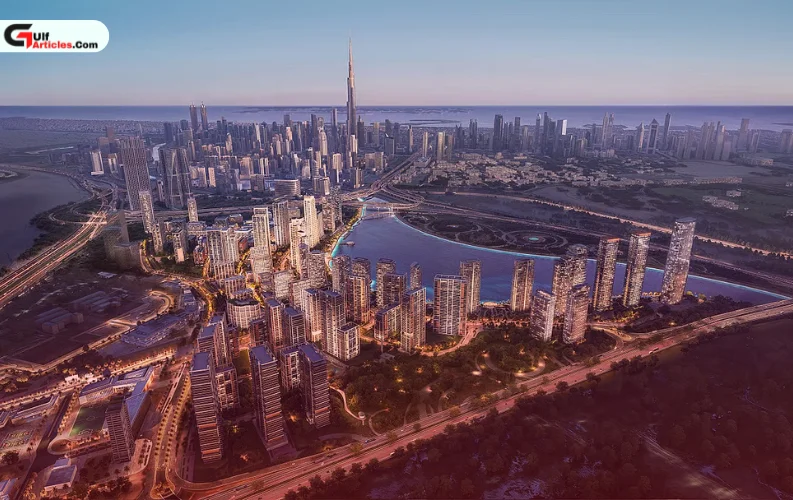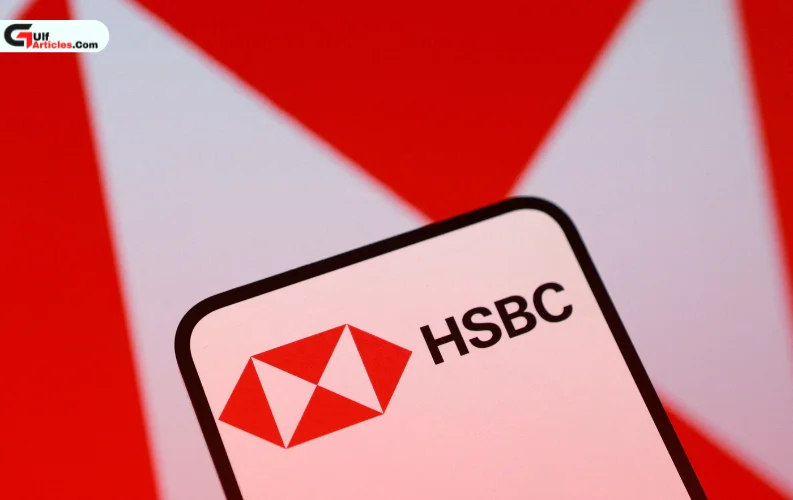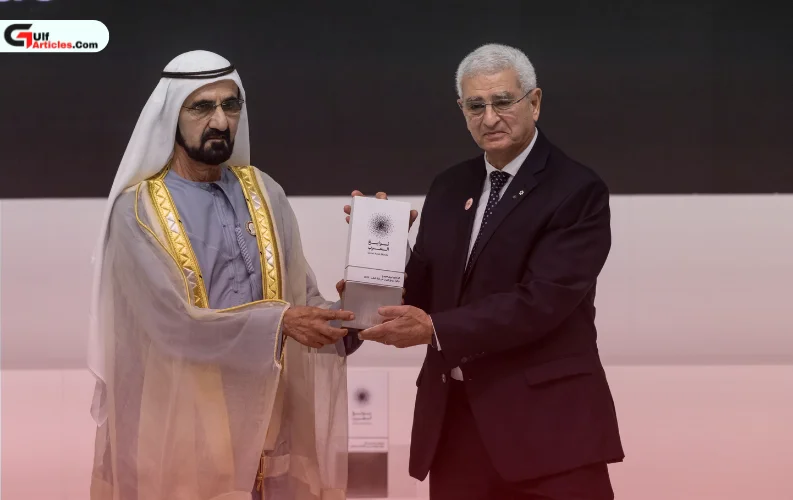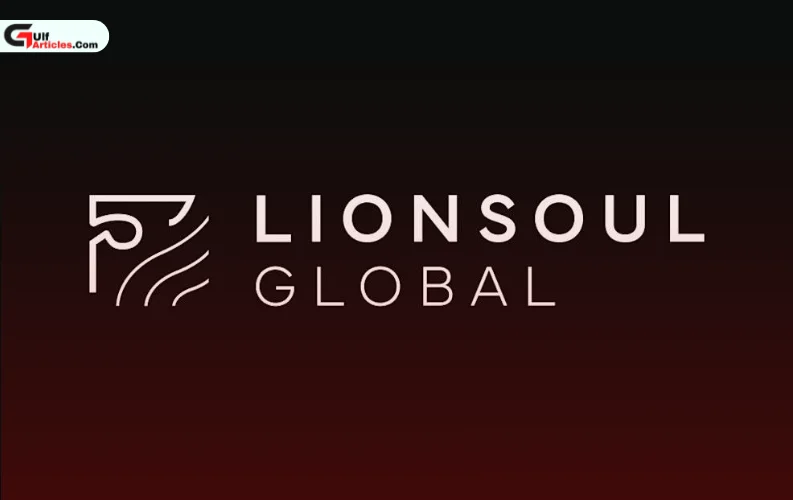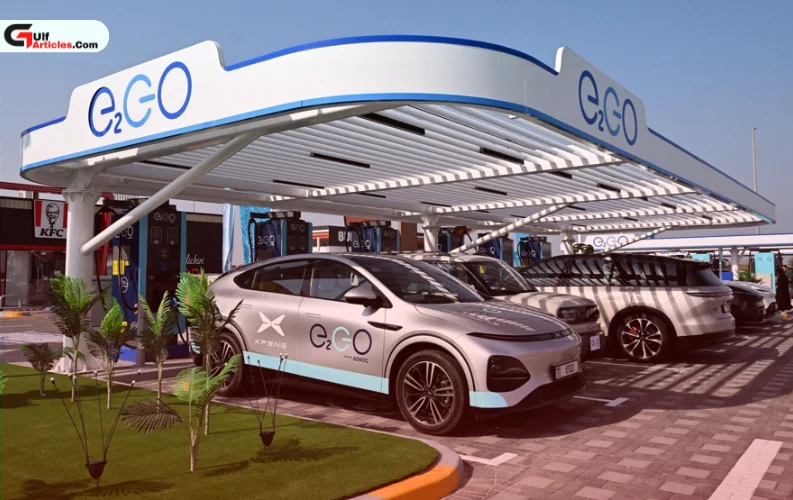The Gulf Cooperation Council (GCC) nations—comprising Saudi Arabia, the United Arab Emirates (UAE), Qatar, Kuwait, Bahrain, and Oman—have long been known for their oil-driven economies. However, with global shifts towards sustainability, economic diversification, and digital transformation, GCC countries have launched ambitious Vision 2030 strategies to secure long-term economic prosperity. Each country's plan focuses on reducing oil dependence, fostering innovation, and creating a knowledge-based economy. This article explores how Vision 2030 is transforming the Middle East economy, highlighting key initiatives, challenges, and opportunities in the region.
Economic Diversification: Reducing Oil Dependency
For decades, the GCC economies have heavily relied on oil exports. However, fluctuations in global oil prices and increasing environmental concerns have prompted GCC nations to invest in non-oil sectors such as technology, tourism, renewable energy, and financial services.
Saudi Arabia’s Vision 2030
Saudi Arabia’s Vision 2030, spearheaded by Crown Prince Mohammed bin Salman, is one of the most ambitious economic transformation initiatives in the region. Key pillars include:
-
Neom City: A $500 billion AI-driven smart city aimed at fostering innovation and sustainability.
-
Public Investment Fund (PIF): A massive investment initiative to support non-oil industries.
-
Tourism Expansion: Development of entertainment hubs, including the Red Sea Project and Qiddiya, to attract global visitors.
UAE’s Centennial 2071 & Vision 2030
The UAE has consistently led the region in economic diversification. Key focus areas include:
-
Artificial Intelligence and Smart Cities: Dubai and Abu Dhabi are at the forefront of AI innovation, blockchain integration, and sustainable urban development.
-
Space Exploration: The UAE’s Mars Mission and investments in space technology align with the country’s vision for technological leadership.
-
Renewable Energy: The Mohammed bin Rashid Al Maktoum Solar Park aims to make the UAE a global leader in clean energy.
Qatar’s National Vision 2030
Qatar is leveraging its wealth from natural gas exports to develop a sustainable, diversified economy. Key initiatives include:
-
Education and Research: Investments in institutions such as Qatar Foundation and Qatar Science & Technology Park.
-
Sports and Tourism: Qatar’s hosting of the FIFA World Cup 2022 was a significant step toward becoming a global sports hub.
-
Financial Services: Growth of Qatar’s banking sector and investments in fintech solutions.
Technological Innovation and Digital Transformation
GCC countries are heavily investing in AI, digital transformation, and smart governance to enhance efficiency and global competitiveness.
Artificial Intelligence and Smart Governance
-
UAE’s AI Strategy 2031: The first country with a dedicated AI minister, the UAE is integrating AI across public and private sectors.
-
Saudi Arabia’s National Strategy for Data & AI (NSDAI): Aims to position the Kingdom as a global AI leader by 2030.
-
Qatar’s AI Research Agenda: Developing AI-driven solutions in healthcare, logistics, and security.
Fintech and Digital Economy
-
Saudi Arabia’s Fintech Saudi Initiative: Supporting digital payments, blockchain technology, and AI-driven banking solutions.
-
Bahrain’s Fintech Hub: Encouraging startups and innovation in financial technology.
-
Kuwait’s Digital Transformation Strategy: Enhancing e-governance and cybersecurity.
Infrastructure Development and Mega Projects
The GCC’s Vision 2030 plans include significant infrastructure investments to enhance connectivity, trade, and real estate development.
Mega Projects Reshaping the Region
-
Saudi Arabia’s Neom City and Red Sea Project: Transforming the Kingdom into a global investment and tourism destination.
-
UAE’s Expo City Dubai: A legacy project from Expo 2020 designed for business innovation and sustainability.
-
Qatar’s Lusail City: A smart city with AI-driven infrastructure and sustainable urban planning.
Transport and Logistics Advancements
-
Saudi Land Bridge Project: A railway network to connect the Red Sea with the Arabian Gulf, boosting trade and logistics.
-
UAE Hyperloop Project: A high-speed transport system aimed at revolutionizing regional connectivity.
-
Oman’s Port Development: Expansion of Duqm and Salalah ports to strengthen the country’s logistics sector.
Renewable Energy and Sustainability Initiatives
GCC nations recognize the importance of sustainability and are investing in renewable energy to meet future energy demands.
Major Renewable Energy Projects
-
Saudi Arabia’s Green Initiative: Aiming to generate 50% of the country’s energy from renewable sources by 2030.
-
UAE’s Masdar City: A hub for renewable energy research and sustainable development.
-
Bahrain’s Solar Energy Projects: Expanding solar farms and energy efficiency programs.
Water and Environmental Conservation
-
Saudi Arabia’s Red Sea Coral Conservation Project: Protecting marine biodiversity.
-
UAE’s Sustainable Agriculture Initiatives: Using AI and hydroponics to reduce water usage.
-
Qatar’s Water Security Mega Reservoirs: Ensuring long-term freshwater supply for the country.
Education, Workforce Development, and Job Creation
To sustain economic transformation, GCC countries are prioritizing education and workforce development.
Human Capital Investment
-
Saudi Arabia’s Human Capability Development Program: Focusing on skills training and education reforms.
-
UAE’s Talent Attraction Policies: Offering long-term visas to global professionals in AI, space, and technology sectors.
-
Kuwait’s Vision for Knowledge-Based Economy: Strengthening STEM education and research institutions.
Job Market Transformation
-
Automation and AI Integration: Creating demand for AI specialists, cybersecurity experts, and digital economy professionals.
-
Entrepreneurship Support: Bahrain and UAE are leading initiatives to support startups and innovation-driven businesses.
Challenges to Achieving Vision 2030 Goals
Despite ambitious plans, GCC countries face challenges in achieving their Vision 2030 targets.
1. Economic Volatility and Oil Price Fluctuations
-
While diversifying away from oil, the region’s economies remain vulnerable to global energy market fluctuations.
2. Workforce and Talent Development Gaps
-
There is a need to bridge the skills gap and attract global talent to sustain economic diversification efforts.
3. Regulatory and Bureaucratic Hurdles
-
Streamlining business regulations and fostering a more flexible investment environment remains a challenge.
4. Environmental and Sustainability Concerns
-
Balancing economic growth with environmental conservation requires stronger policies and enforcement.
Conclusion
GCC’s Vision 2030 initiatives are transforming the Middle East economy by diversifying industries, investing in technology, and fostering innovation. While challenges exist, the region’s commitment to economic reforms, sustainability, and digital transformation positions it as a global leader in economic modernization. By continuing to invest in infrastructure, human capital, and emerging technologies, the Gulf region is poised to achieve long-term economic success and global competitiveness.
You may also like:-
- The Rise of Fintech in the Gulf: Disrupting Traditional Banking
- Holi 2025: Dos and Don’ts, Safety Tips, and Fun Ways to Enjoy the Festival
- Holi 2025 Celebrations Across India: From Mathura to Punjab, A Look at Regional Festivities



